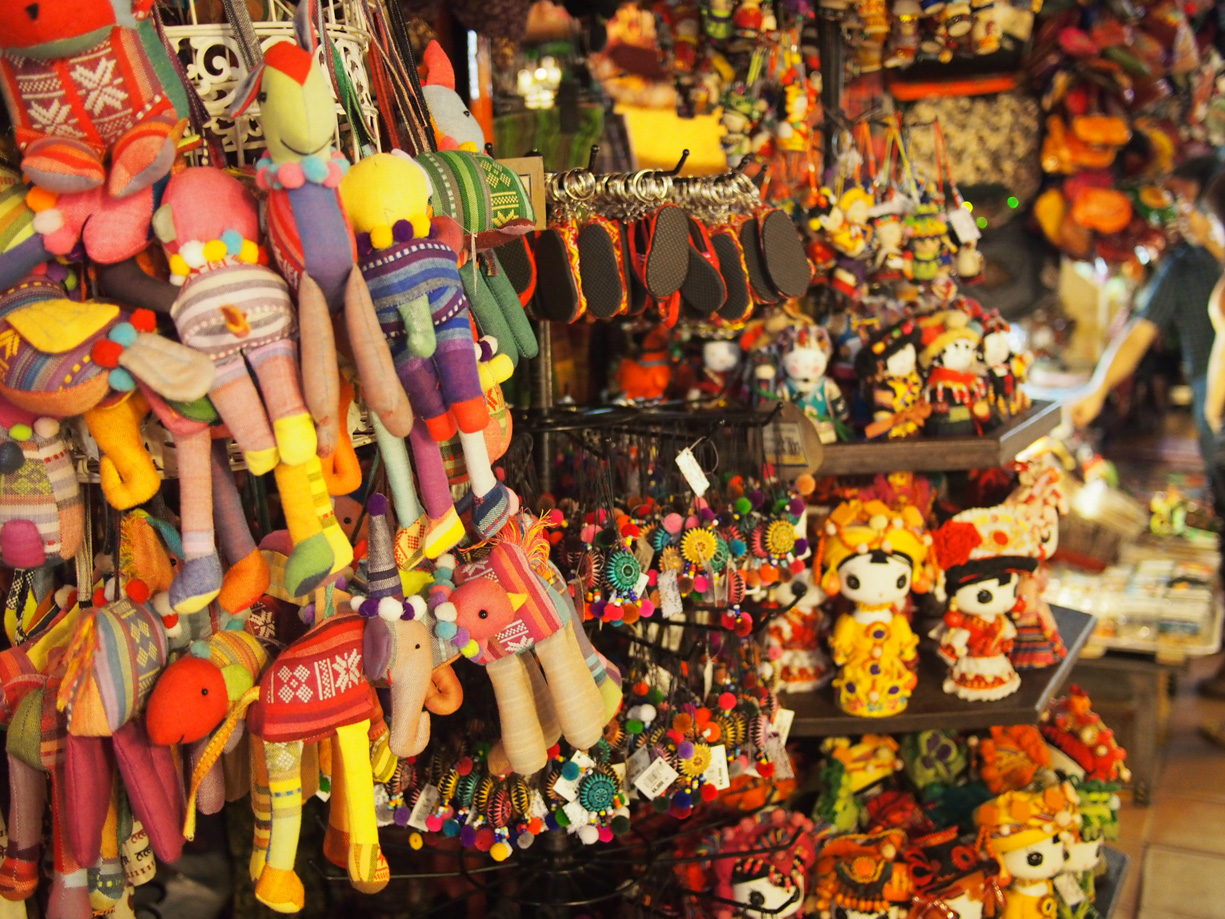The ancient country of China has a colorful history of Jewish involvement, ironic in a country with almost no practicing Jews today. Chinese immigration to Israel is therefore a rarity, but not unheard of, to which 25-year-old Yacoov can attest.
Yacoov’s Story
One of the storied Kaifeng Jews of China, Yacoov is now a citizen of Israel, after making aliyah last year. Raised in the Kaifeng area, he is a descendant of Jewish forebearers who once made their home there (see below). “My grandfather always told me,” Yacoov recounts, “that we would one day return to our land. I realize now that “our land” is Israel.” Because Chinese Jews base their religious lineage on patrilineal descent, Yacoov was required to undergo formal conversion in order to become a Jewish citizen under the Law of Return. “In Kaifeng, there were only about 50 of us who really studied actively to be practicing Jews. My cousin has even set up a small museum in his home to honor the legacy.” There, Yacoov once helped provide classes on Jewish tradition.
Yacoov spent his first six months after arrival on Sde Eliyahu, a religious kibbutz in the north. There he immersed himself in Hebrew language classes and other study. Afterward, he studied at the Machon Meir yeshiva while living in an apartment in Jerusalem. Most recently, he studied at Hamivtar yeshiva in Efrat, all in preparation for his conversion. Yacoov has no complaints about the process, understanding well the Israeli rules for aliyah.
A graduate of the University of Kaifeng, Yacoov plans to undertake graduate studies in the future, and wants to teach himself one day in a university setting.
The Jews in China
while no true Jewish community exists today in China, during its history many such communities have existed. The Jewish presence in China dates back as far as the 8th century, when West Asian traders visited there. Jewish settlements throughout the countryside date back centuries. Jew workers are known to have assisted in the opening of China’s largest treaty port, Shanghai, in 1842.
Jewish refugees arrived in China at different points in its history, but they are largely gone or spread around the world. Most famous is the Shanghai Jewish community, which flourished during the middle of the last century, when many European Jews fleeing Nazism traveled to Shanghai. In Shanghai today, you can see the location of the “Small Vienna”, protected still from modern construction. A distinct Jewish community developed there– one with its own theaters, schools, hospitals, and sports teams. Austrian bakeries sat next to German delis and Polish butcher shops. At Max Spberger’s Silk Hat club, patrons danced the tango.
During World War II, thousands of Jews were saved by citizens of Shanghai. Some historians even venture that more Jews were saved in Shanghai than by all the Commonwealth countries. But this fascinating community disappeared even more quickly than it had begun. With the advent of civil war in China, refugees fled yet again, and by the end of the 1950s, Shanghai’s Jewish community was a ghost town.
Shanghai’s former refugees still call themselves “Shanghainese,” and since Chinese reforms have been introduced, they come back to visit their former home. Many Jewish business people continue to invest in Shanghai today.
Most remarkably, a sort of Jewish revival is taking place in modern China, as Hebrew scripture is studied again for the first time in half a century. But the new Jewish scholars are all Chinese. They are known as the Kaifeng Jews, and Yacoov is one of them. Jews first settled in the city of Kaifeng over 1000 years ago, numbering as high as 5,000 during the Middle Ages. They practiced their religion openly and attended synagogue. But after the last Kaifeng rabbi died early in the 19th century, intermarriage and assimilation led to the collapse of the community. Except for some Hebrew writing on tombstones, there are few signs that the culture ever existed.
Today, however, 700 — 1000 Jewish descendants live in Keifeng, and many of them, like Yacoov, are reclaiming their Jewish identities. Because of intermarriage, the Kaifenge Jews are identical in appearance to non-Jewish neighbors. Not having observed Jewish religious customs for the most part, these individuals were still taught to celebrate Chanukah and several other Jewish holidays, and they did not eat pork. Now they are trying to reclaim the rest of their Jewish heritage.
The Chinese in Israel
Chinese Jewish immigration to Israel has been almost non-existent. With the recent emergence of Jewish identity among native Chinese, Israel is beginning to see a trickle of immigrants.
Much more common in Israel are the non-Jewish Chinese workers, estimated to be in excess of 20,000, fewer than half of whom are steadily employed. The Israeli government continues to examine complaints of fraudulent practices in the recruitment of Chinese workers as well as questionable deportations.
Yacoov hopes that he can be part of the new face of the Chinese immigrant in Israel — one who shares a proud Jewish heritage and makes a lasting contribution to his chosen country.



